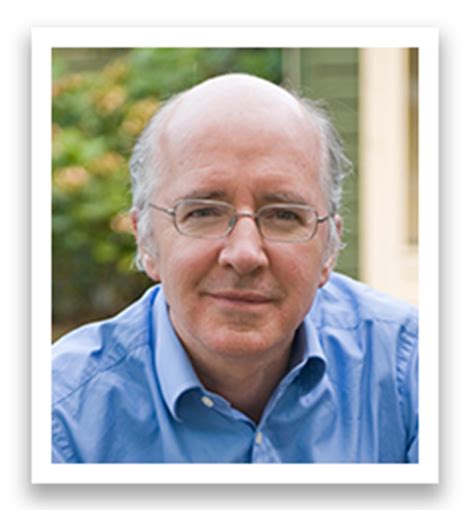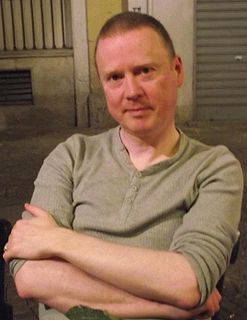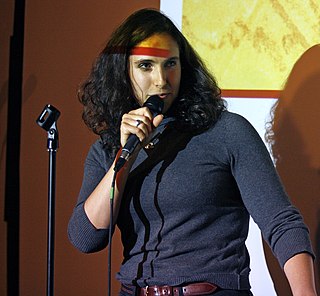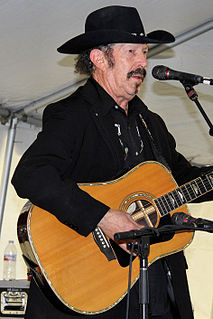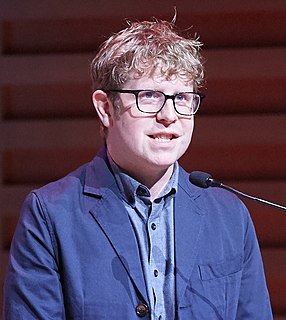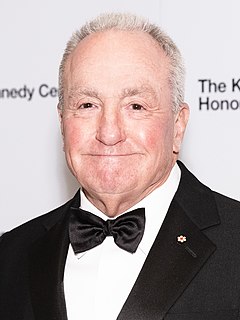A Quote by John Gimlette
There is a whole genre of funny travel writers - that's very popular. There's Bill Bryson and people who follow that route and sell travel writing through making people laugh. It's a very difficult group to take. The line between comedy and mockery is sometimes a bit thin.
Related Quotes
I very much was inspired by Bill Bryson. He does cover science, but more often, it's a mixture of science and travel, and whatever he happens to be writing about - Shakespeare, Australia, the United Kingdom, or when he covers science in 'A Short History Of Nearly Everything' - he has an incredible ability to be both entertaining and enlightening.
It's quite strange in fashion, and it's probably the same with movies and acting - the big choice is between being radical, making a choice that will be more specific that will reach less people but will be very strong and very directional, and making a choice that will be more popular and catch the interest of a large group of people. Sometimes people are trying to push you in one direction or another.
Prague is not, strictly speaking, travel writing but it is, among other things, an excellent example of what travel writing is becoming, if indeed it hasn't already done so. . . . People are no longer so easily satisfied by the mere travel impressions of some outsider much like themselves. Instead they gravitate towards writers who actually have lived not simply in, but inside, a location for an extended period, as one lives inside one's clothes.
I remember reading in a comedy book very long ago when I first started, a person said there's a difference between a sense of humor and a sense of funny. A sense of humor is knowing what makes you laugh and a sense of funny is knowing what makes other people laugh. The journey of comedy, in a sense, is negotiating those two worlds.
There is a very big difference between American and British travel journalism, and that's this whole business of the assisted or freebie trip. In Britain we are unashamed about any travel company paying for you to go and then writing about it. That's the only way we can do it. But I have tried the same in the States, and I can't write for any sizeable American newspaper because they tell you to do it on this basis.
The first purpose of comedy is to make people laugh. Anything deeper is a bonus. Some comedians want to make people laugh and make them think about socially relevant issues, but comedy, by the very nature of the word, is to make people laugh. If people aren't laughing, it's not comedy. It's as simple as that.
